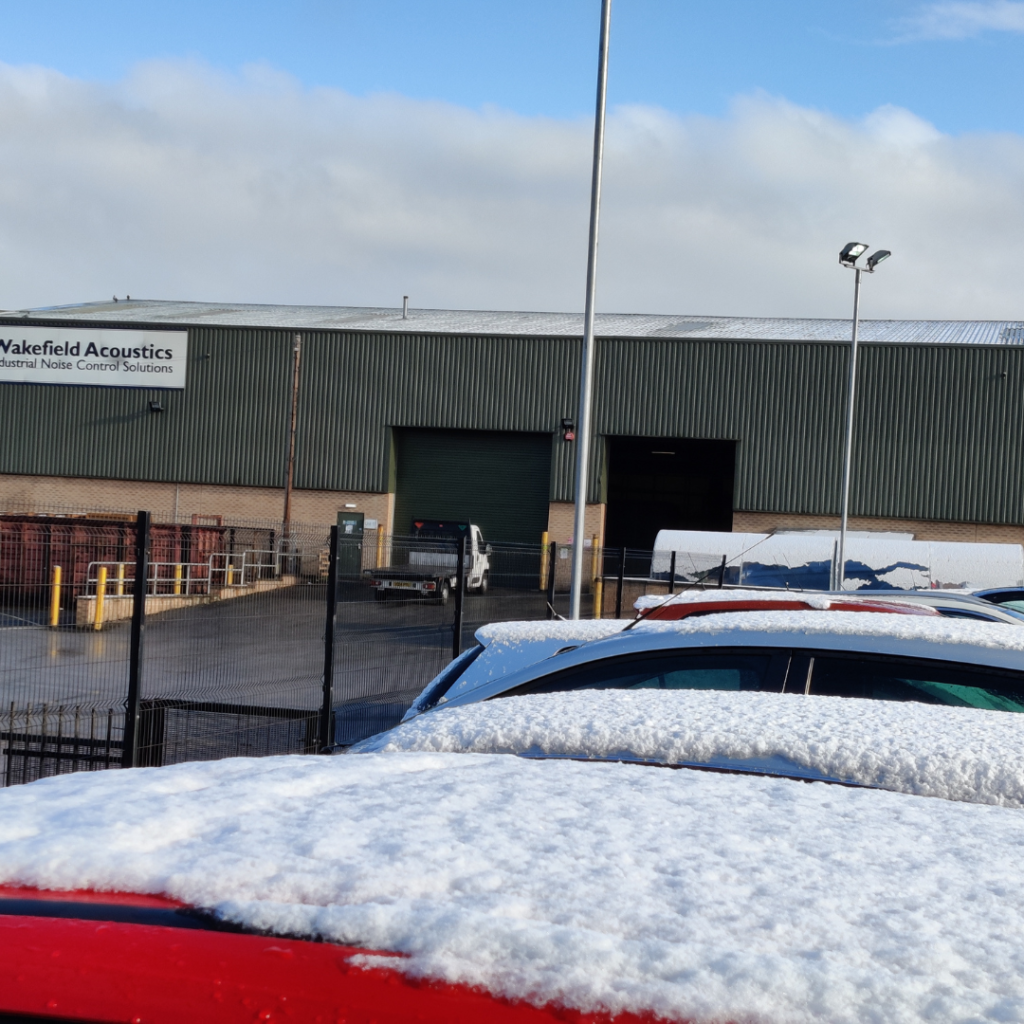
cecoenviro.com

24th October 2023
Author: Wakefield Acoustics – Noise Control Specialists | Last Updated: February 2024
Wakefield Acoustics has experience in various industries and applications, helping to diagnose and remedy environmental noise issues. Assessment of environmental noise impacts is a relatively straightforward process for an experienced acoustic consultant or noise control engineer. However, uncertainties can be brought about by the effects of the weather during noise surveys.
Weather conditions can significantly impact noise survey results and we have outlined the effects of different weather we experience in the field of industrial noise control.
Wind direction and speed are important factors in how sound travels. When there are strong winds, sound waves can travel further and go around obstacles, which can make the noise louder at certain points. The wind can also make sound waves bend, making it harder to determine where the noise is coming from.
Another factor is rain, or roads that are wet. Rainy conditions can elevate background noise levels, therefore masking the impact of underlying industrial noise, that is otherwise present and causing nuisance on warm and dry days.
Alternatively, if background noise levels are taken during wet conditions for a new development, this can lead to an incorrect initial assessment, putting the developer at risk of future complaints.
Temperature fluctuations can impact the density and thickness of air, which consequently affect the transmission of sound. When the air is colder, it becomes denser, enabling sound waves to travel with greater efficiency and potentially leading to higher levels of noise.
Fresh, powdery snow is a porous substance, and as such, sound waves are ‘absorbed’ into the snow which can provide some level of masking of noise from nearby sources. As the snow becomes more compact, it reflects more light. This causes sound waves to bounce off the surface of the snow, which can create echoes and louder noises.

The ideal weather conditions for industrial noise assessments are dry, calm, and cool. Acoustic consultants should avoid conducting surveys during heavy rain or snow and in a relatively sheltered location.
The basis of a good design solution is the source data and target noise levels, which need to be assessed without the effects of increased background noise due to inclement weather.
Environmental noise from industrial sources can usually be resolved by the implementation of a variety of measures depending upon application, in the form of acoustic screens, acoustic louvres, acoustic enclosures or attenuators.
If you have any questions or would like more information on our products and services, please contact Wakefield Acoustics on 01924 418 940 or email via noise@wakefieldacoustics.co.uk.